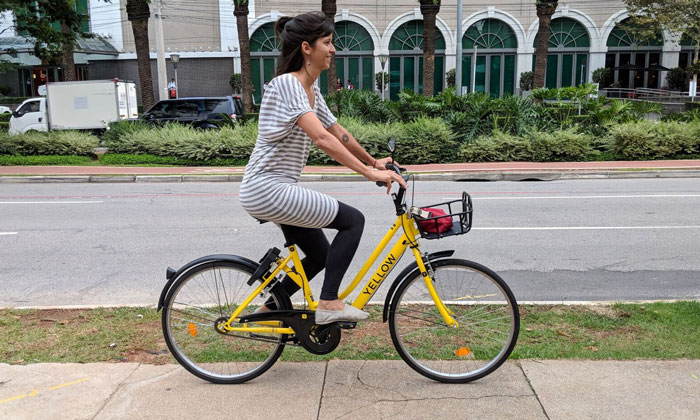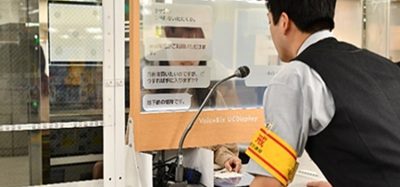$9 million raised for Brazil’s first dockless bike-sharing service
- Like
- Digg
- Del
- Tumblr
- VKontakte
- Buffer
- Love This
- Odnoklassniki
- Meneame
- Blogger
- Amazon
- Yahoo Mail
- Gmail
- AOL
- Newsvine
- HackerNews
- Evernote
- MySpace
- Mail.ru
- Viadeo
- Line
- Comments
- Yummly
- SMS
- Viber
- Telegram
- Subscribe
- Skype
- Facebook Messenger
- Kakao
- LiveJournal
- Yammer
- Edgar
- Fintel
- Mix
- Instapaper
- Copy Link
Posted: 5 April 2018 | Intelligent Transport | No comments yet
A dockless bike-sharing service will be introduced into Brazil for the first time after significant seed round funding, with 100,000 bikes to be deployed in summer 2018…


Brazilian start-up Yellow has raised $9 million in seed round funding for the launch of the first dockless bike-sharing service in Brazil.
Founded by Ariel Lambrecht and Renato Freitas, co-Founders of 99, along with Eduardo Musa, the former owner and CEO of CALOI, Yellow is positioned to rapidly deliver and scale its low-cost, technology-enabled solution to the country’s growing transportation crisis.
The company will use the funding to grow its team, refine the mobile app experience and introduce its first 20,000 bicycles to the market. Beginning in summer 2018, Yellow plans to initially deploy 100,000 bikes in São Paulo, before expanding throughout the rest of Brazil where it believes over 1 million bikes could eventually be deployed.
The service is dockless, with bikes being released through a mobile app; providing more flexibility for users than services that rely on traditional docking stations. The company is also working on e-scooters and e-bikes.
“As local residents, we’re acutely aware of the pain points caused by Brazil’s inefficient public transit and we built Yellow specifically to address them,” said Eduardo Musa, co-Founder and Chief Executive Officer at Yellow. “Our goal is to improve circulation of urban traffic and curb harmful greenhouse gas emissions by providing a fun, cost-effective mode of transportation that integrates with other public transit systems to optimise daily routes in big cities.”
Brazil is particularly well-suited for Yellow because of its bike-friendly nature and densely populated cities with relatively expensive and inefficient public transportation. Bike lanes have increased by 680 per cent in São Paulo alone since 2014. Moreover, the country boasts the fourth largest bike production rate in the world.
Related topics
Fleet Management & Maintenance, Mobility Services, Passenger Experience, Sustainable Urban Transport
Related modes
Bikes & Scooters
Related cities
Brazil
Related organisations
Yellow
Related people
Eduardo Musa








